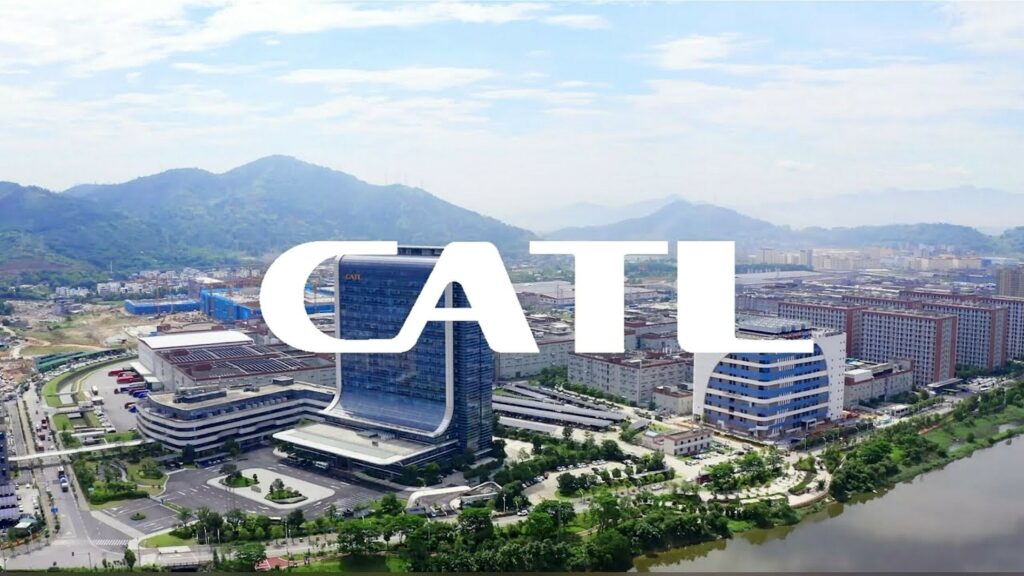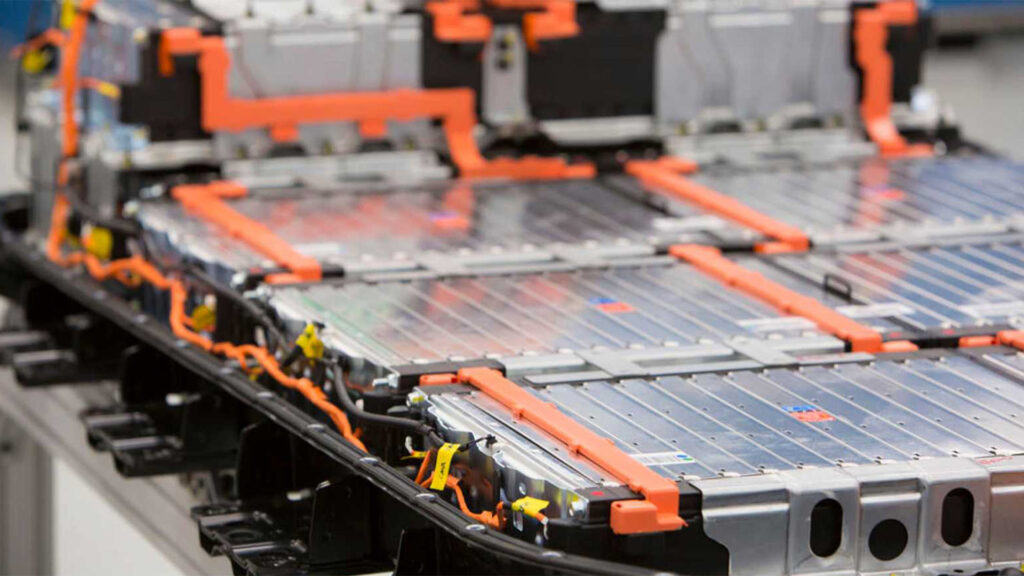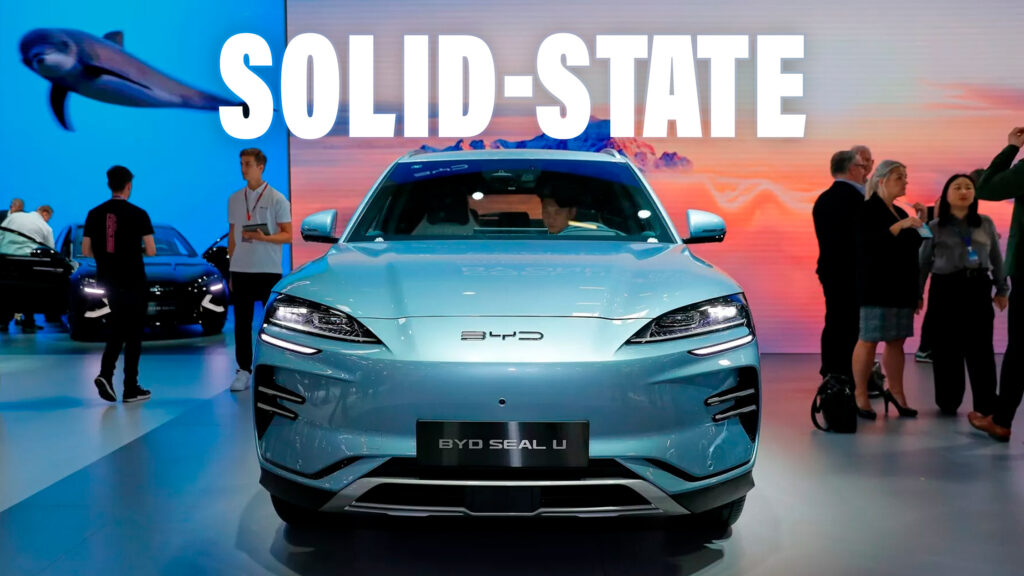China already leads the battery industry and is now looking to establish itself as a juggernaut of solid-state batteries, creating a massive consortium of major battery manufacturers, researchers, and government officials.
The consortium, dubbed the China All-Solid-State Battery Collaborative Innovation Platform (CASIP), includes CATL, BYD’s battery arm FinDreams Battery, CALB, Svolt Energy Technology, EVE Energy, and Gotion High-tech, as well as automakers Nio and BYD. These firms represent six of the 10 top automotive battery makers globally and other unspecified state-owned Chinese automakers will also be involved.
The aim is to build a supply chain for solid-state batteries by 2030. Additionally, CASIP will work on basic research, key technologies, and the joint development and manufacturing of electric vehicles with solid-state batteries. Several key government members are also involved, including the Ministry of Industry and Information Technology, the Ministry of Science and Technology, the Assets Supervision and Administration Commission of the State Council, and the National Energy Administration.
Read: Toyota’s Solid-State Batteries Will Be Limited To ‘Tens Of Thousands’ Of Cars In 2030 And Beyond

While speaking at an event to celebrate the launch of the consortium, the vice-chairman of the Committee on Economic Affairs of the Chinese People’s Political Consultative Conference, Miao Wei, said that “the ratio of new-energy vehicles to new car sales will be more than half by 2025 or 2026” and “we should take advantage of having a large market for new-energy vehicles to realize the early industrialization of all-solid-state batteries.”
The all-star line-up of battery manufacturers and automakers will do battle with Toyota. Nikkei Asia reports that the Japanese company reportedly has more than 1,300 patents for solid-state batteries while Chinese companies have less than 100 combined. Toyota has partnered with oil refiner Idemitsu Kosan and wants to commercialize solid-state batteries in 2027 and 2028 before reaching full-scale mass production.
“AI is changing the way we do materials research and development, and it will vastly accelerate the speed of all-solid-state battery R&D,” added Tsinghua University professor Ouyang Minggao, also involved in the consortium. “By around 2030, we will have a higher chance of achieving a breakthrough for the industrialization of all-solid-state batteries.




